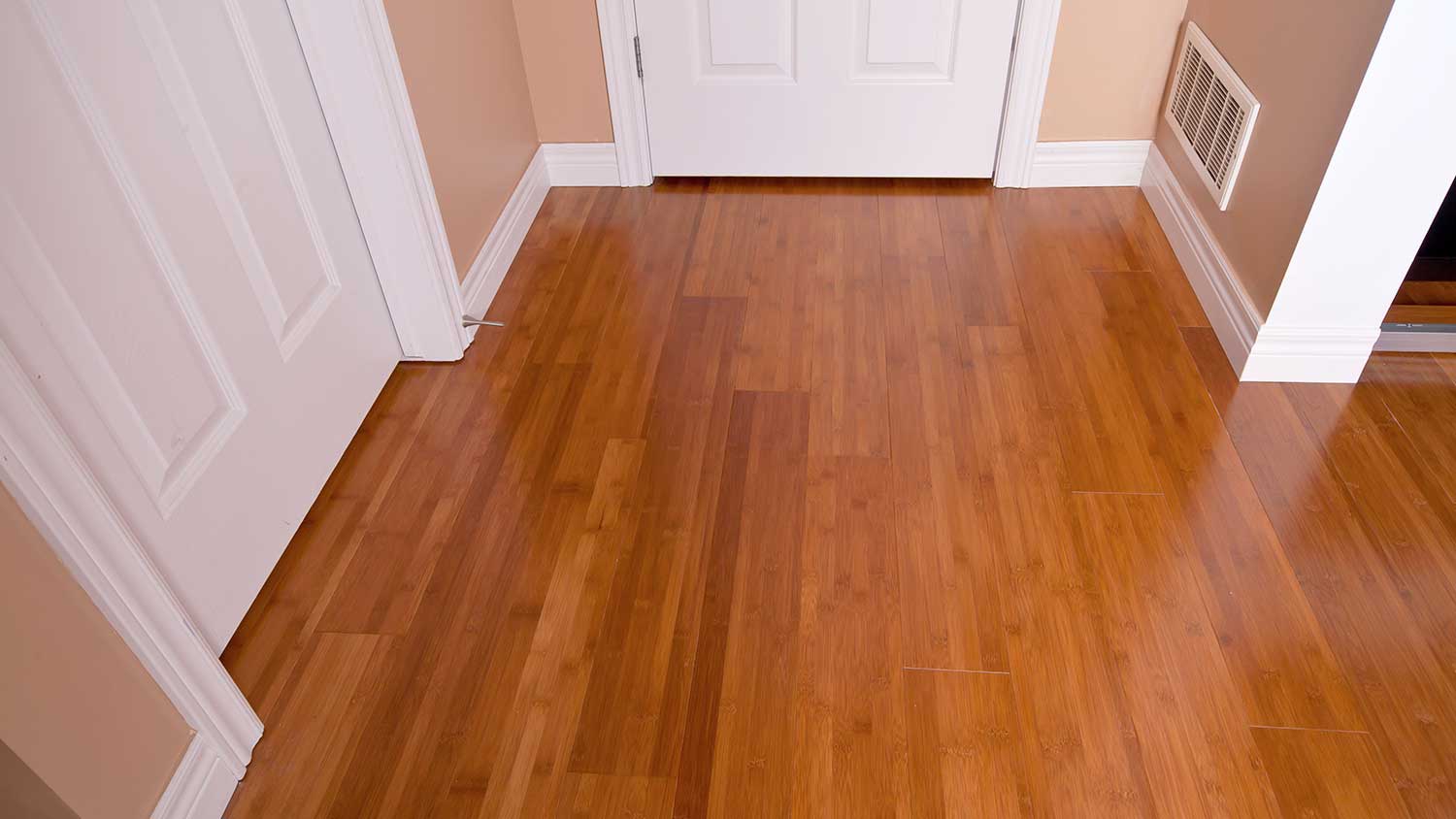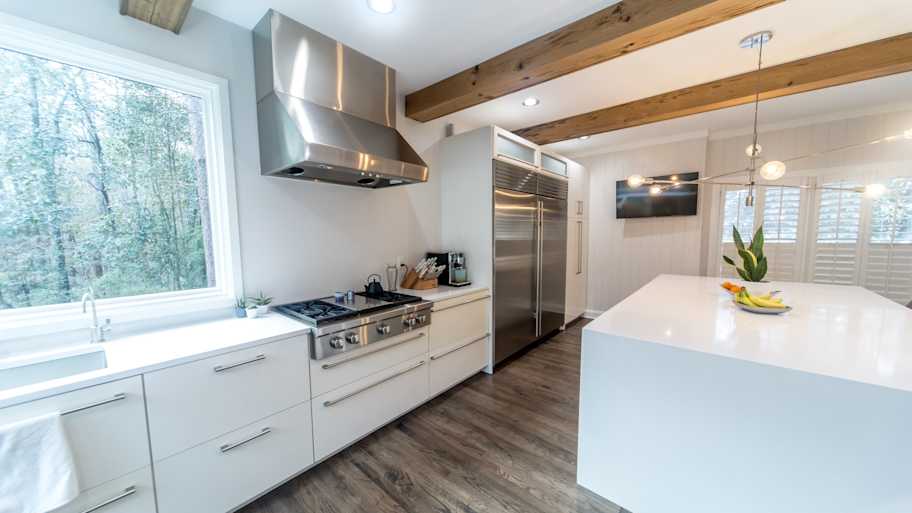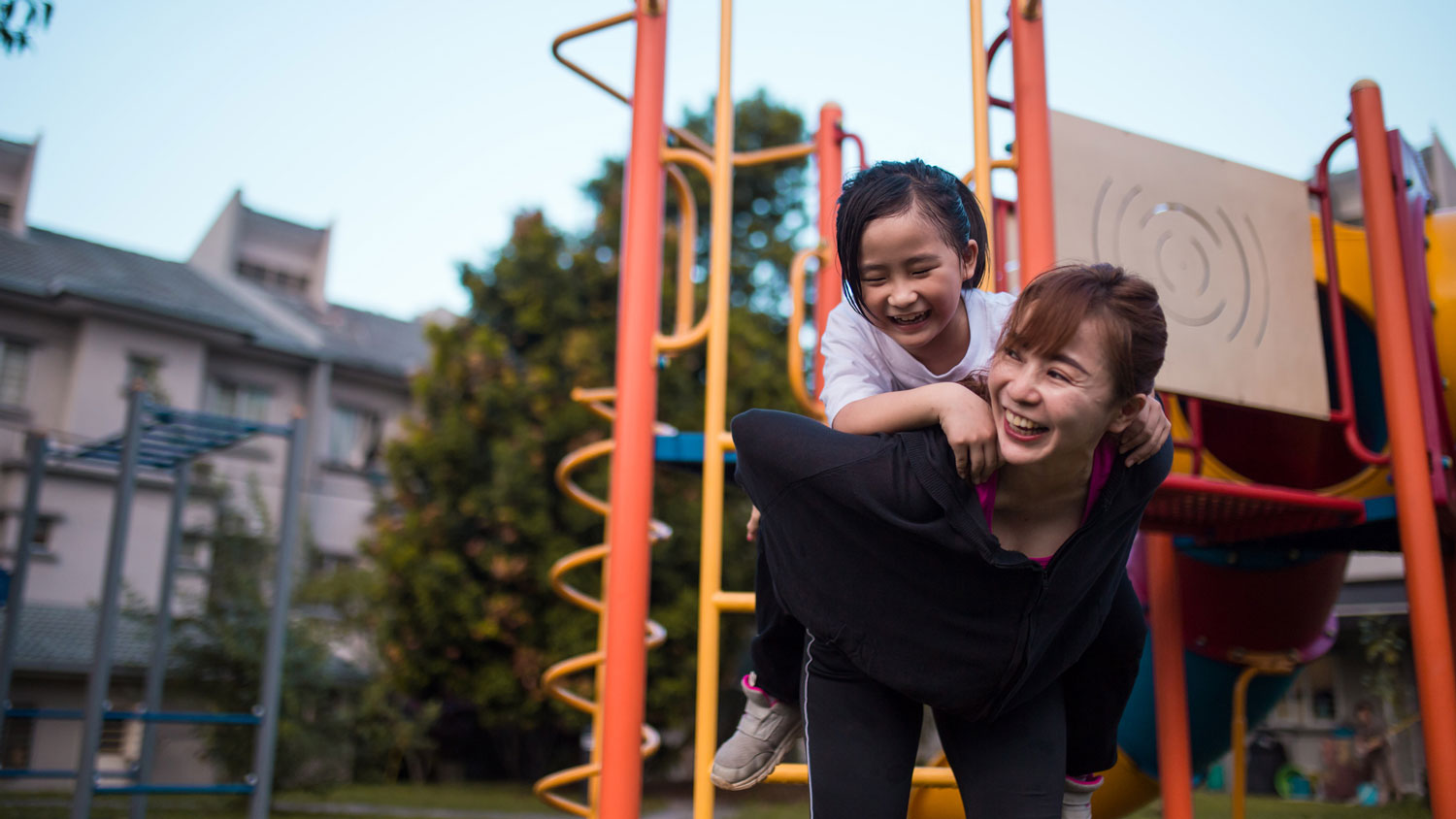
Linoleum is a popular flooring material because it’s one of the most affordable—but linoleum flooring costs vary from project to project. Let’s break it down.
Installing a new floor in Boston, MA, costs $2,789 on average, but can range between $1,482 and $4,169, depending on the room size and type of flooring.


New flooring installation costs an average of $14 per square foot in Boston, which is 10% to 20% higher than the national average.
Hiring crews to move furniture before replacing flooring costs $60 to $150 per hour, reflecting the higher labor costs in Boston.
Removing old flooring adds $2 to $6 per square foot to overall project costs.
Boston homeowners see a return on investment (ROI) of up to 120% on midrange hardwood or vinyl plank flooring installation projects, especially in sought-after neighborhoods.
Boston's unique blend of historic architecture and modern renovations creates specific considerations for flooring projects. New flooring installation in Boston, Massachusetts costs an average of $2,789, with most homeowners spending between $1,482 and $4,169 for midrange projects. Boston's labor costs run 10% to 20% higher than national averages, representing the region's higher cost of living and competitive contractor market.
The harsh winters and humid summers in Boston, Massachusetts will influence your flooring material selection. Moisture resistance matters here, especially in basement units and older homes without modern climate control, favoring materials like vinyl plank. The amount of coverage also directly impacts total cost, as larger projects cost more.
When ordering flooring materials, first measure the square footage of the floor space. You may need to add an extra 10% for wastage during the installation process. A flooring pro can provide guidance for more challenging layouts or stairs.
New flooring costs an average of $14 per square foot in Boston, so the larger the project, the higher the installation cost will be.
You may receive a discount on the rate per square foot for larger projects, while some companies may charge a higher flooring cost per square foot for small jobs to meet their minimum project cost requirements.
| Room Size in Feet | Square Footage | Average Cost |
|---|---|---|
| 10x10 | 100 | $1,400 |
| 10x12 | 120 | $1,680 |
| 12x12 | 144 | $2,020 |
| 12x14 | 168 | $2,350 |
| 14x16 | 224 | $3,140 |
| 16x16 | 256 | $3,580 |
| 18x18 | 324 | $4,540 |
| 18x20 | 360 | $5,040 |
| 20x20 | 400 | $5,600 |

The price of your new flooring heavily depends on the type of materials you choose. Generally speaking, natural materials are pricier, while synthetic materials are more affordable. For instance, hardwood flooring costs between $10 and $22 per square foot, while linoleum flooring costs $3 to $12 per square foot.
Of course, the type of flooring material that’s best for your home depends on the area you’re putting it in, the amount of traffic it gets, whether you have kids or pets running around, your local weather and climate, and your aesthetic.
| Type of Flooring | Average Cost per Square Foot | Lifespan (Years) | Pros | Cons |
|---|---|---|---|---|
| Tile | $8–$30 | 75–100 | Highly durable and waterproof. Easy to clean. | Can chip and crack. Can be difficult to install. |
| Hardwood | $10–$22 | 30–100 | Can be resurfaced and refinished. Lots of variations to choose from. | Susceptible to damage from water and moisture. Requires some maintenance. |
| Engineered wood | $8–$18 | 20–30 | Looks like hardwood and is more resistant to moisture. Can be refinished. | Not entirely moisture resistant. Can only be refinished once or twice. |
| Stone | $6–$20 | 50–100 | Very durable and low maintenance. Sustainable. | May require structural reinforcement due to weight. Difficult installation. |
| Carpeting | $3.50–$11 | 5–15 | Comfortable to walk on. Affordable and easy to install. | Difficult to clean. Stains easily and absorbs odor. |
| Laminate | $3–$13 | 10–30 | Affordable alternative to hardwood. Easy to install. | Not moisture resistant. Difficult to repair, and can’t be refinished. |
| Vinyl | $3–$10 | 10–25 | Affordable and durable. Can mimic other materials like hardwood and stone. | Can become discolored and wear over time. |
| Linoleum | $3–$12 | 20–40 | Recyclable and made from natural materials. Affordable and long-lasting. | Needs to be sealed. Not as durable as other materials. |
| Polished concrete | $2–$16 | 50–75 | Very durable with a long lifespan. Low maintenance and affordable. | May need structural reinforcement due to its weight. Must be properly sealed. |
| Bamboo | $2–$20 | 10–30 | Sustainable and highly durable. | Susceptible to moisture damage. Shorter lifespan than other materials. |
| Cork | $5–$19 | 20–40 | Low maintenance and allergy-friendly. | Not as durable as other flooring. Susceptible to moisture related expansion and contraction. |
The flooring installation company may charge an additional rate, around $60 to $150 per hour, to remove furniture from the room or home before installing the floors. Save money on your flooring installation costs by moving furniture and other objects prior to the project’s start date.
Removing old flooring costs $2 to $6 per square foot, depending on the type of floor and how it was installed. For example, tile removal costs can range from $4 to $7 per square foot, while removing carpet that is nailed or stapled to the floor costs around $1 to $1.50 per square foot.
Subflooring replacement costs $3 to $12 per square foot. Subfloors help support your flooring, whether you choose carpet, tile, or hardwood. You need this base layer to be in good condition, so if your subfloors are too weak or have water damage, you’ll need to repair or replace them before installing new flooring.
If your floor type needs underlayment, it will add $0.50 to $5.40 per square foot to the flooring installation cost. Not all floors need underlayment, but you likely need it if you install carpet or laminate flooring.
Installing flooring on stairs costs $11 to $160 per step, depending on the type of flooring you choose. The cost of adding carpet to stairs falls on the lower end of the scale because it’s easier to install over the curves and ridges of steps than a rigid material like hardwood, which may cost up to $160 per step due to the complexity of installation and the higher cost of the material.
If your flooring pro detects mold, removal is crucial before laying down new flooring. Mold remediation costs $10 to $25 per square foot. If a flood or leaky plumbing left mold or water damage under the flooring, you’ll need to factor in the additional costs for a local mold removal service to keep your family safe.
Finishes, like polyurethane, urethane, or wax, cost $1 to $7 per square foot. Consider adding a finish to hardwood, natural stone, or concrete flooring to help the material last longer. Finishes are also a good idea for entryways, living rooms, or other high-traffic spaces in your home.
When you’re putting down new floors, you might look around the room and decide to add some other projects at the same time. Here are the average costs for common floor installation add-ons:
Baseboards: $800–$2,500
Floor paint: $1,000–$2,000
Radiant floor heating: $2,000–$8,000
Floor joist replacements: $4,000–$15,000
Professional floor cleaning: $200–$300
Hardwood floor refinishing: $1,100–$2,600
Hardwood floor repairs: $480–$1,710
Hiring Boston flooring installation professionals costs 10% to 20% above national averages. The abundance of older homes means contractors need specialized skills to handle century-old construction.
Labor costs for flooring installation in Boston range from $3 to $9 per square foot in most cases, not including the cost of materials and other expenses. Costs can be pushed even higher for complex installations, like rooms with intricate designs, multiple doorways, or original architectural features like bay windows. Boston's older homes often present unexpected challenges, like uneven subflooring or unusual room dimensions, that can extend installation time.
Simple flooring replacement in Massachusetts is classified as "ordinary repair" and doesn't require a building permit, as it doesn't affect structure, egress, fire protection systems, or utilities. If your renovation involves subflooring replacement or structural changes, you may need to submit plans and receive approval before proceeding. Similarly, flooring projects involving plumbing or electrical often require building permits from the City of Boston.
Homes built before 1978 require compliance with lead paint regulations, with the Massachusetts Department of Labor Standards requiring specific procedures when working on properties that may contain lead paint. Contractors must be certified to handle lead paint safely, and if asbestos is discovered during flooring removal, professional abatement costs $5 to $20 per square foot. This is particularly relevant in Boston, where many homes date to the 19th and early 20th centuries.
Depending on your project scope, you may need specialists beyond your flooring installer.
For historic properties, hiring a preservation consultant at $100 to $200 per hour ensures your flooring choices respect original architectural details while meeting modern standards.
Structural engineers, at $150 to $300 per hour, are necessary when subfloor damage reveals underlying issues, not uncommon in century-old Boston rowhouses and triple-deckers.
Licensed electricians, who charge $85 to $150 per hour, are needed if you're installing radiant floor heating.
Many Boston buyers expect hardwood or quality planks in city homes and condos. In hot neighborhoods, upgraded floors can yield above-cost returns. When deciding whether to repair or replace hardwood flooring, Boston homeowners should know that new hardwood flooring can deliver up to 120% return on investment (ROI) at resale.
If you have an older, historic property, refinishing original hardwood can generate an even higher return of up to 150%. Historic homes with original hardwood floors, properly refinished, command premium prices for their authenticity and character. The key to maximizing ROI is matching your flooring to your neighborhood's character and price point.
Home is the most important place on earth, which is why Angi has helped more than 150 million homeowners transform their houses into homes they adore. To help homeowners with their next project, Angi provides readers with the most accurate cost data and upholds strict editorial standards. We’ve surveyed thousands of real Angi customers about their project costs to develop the pricing data you see, so you can make the best decisions for you and your home. We pair this data with research from reputable sources, including the U.S. Bureau of Labor Statistics, academic journals, market studies, and interviews with industry experts—all to ensure our prices reflect real-world projects.
Want to help us improve our cost data? Send us a recent project quote to [email protected]. Quotes and personal information will not be shared publicly.
From average costs to expert advice, get all the answers you need to get your job done.

Linoleum is a popular flooring material because it’s one of the most affordable—but linoleum flooring costs vary from project to project. Let’s break it down.

Sagging floor repair costs vary considerably depending on the type and extent of the damage and the flooring material.

Staining concrete floors can add a little something to a drab slab. Learn more about how much stained concrete floors cost and what factors impact it.

Are you torn between tile-look and wood-look vinyl flooring? Let's break down LVT versus LVP to help you choose the right style for your space without overthinking it.

This calculator will help you estimate how many floor joists you’ll need to keep your flooring level and secure from the start.

Learn how much rubber playground flooring costs, including installation, material, and maintenance, plus how to save and choose the best option for your home.